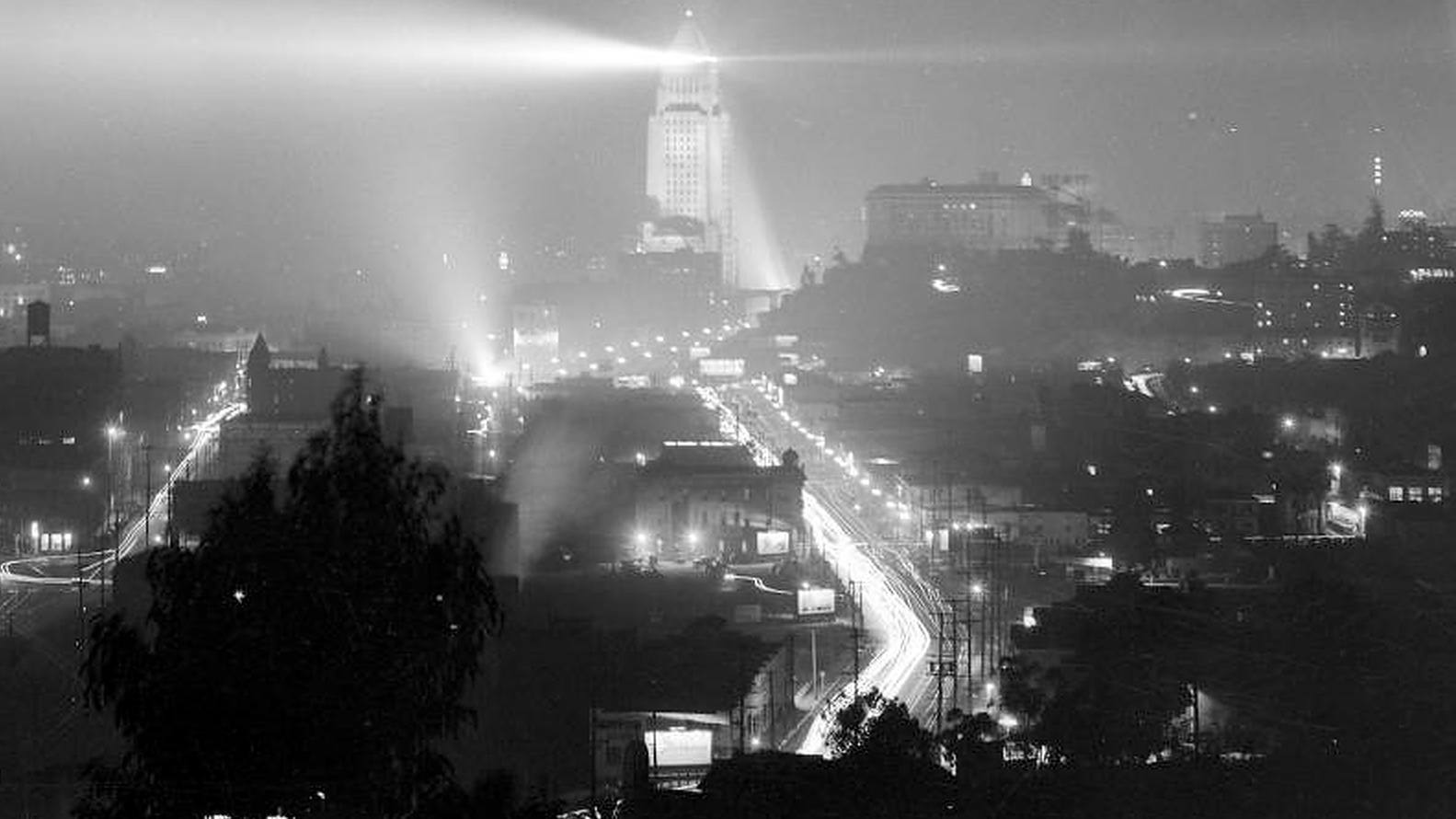Two Festive Overtures: Shostakovich Meets Glinka
On Wednesday, we explored Dmitri Shostakovich’s Eighth Symphony, one of the most haunting and tragic works of the twentieth century. This is the kind of music we often associate with Shostakovich, a composer surrounded, for much of his life, by death, destruction, and grinding political oppression. Yet, there is a more lighthearted side to Shostakovich, perhaps most evident in the sparkling and zany 1927 orchestration of the Vincent Youmans song, Tea for Two, produced …







